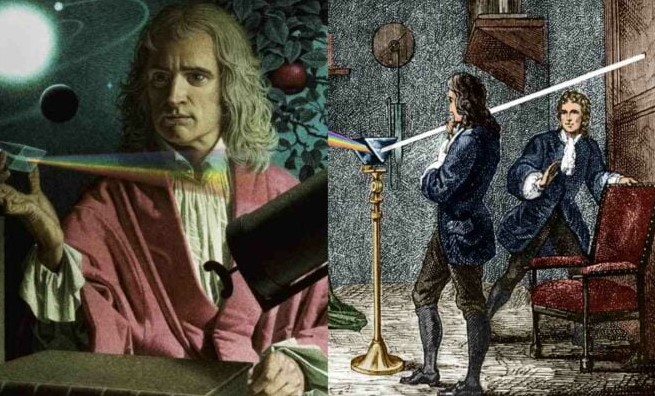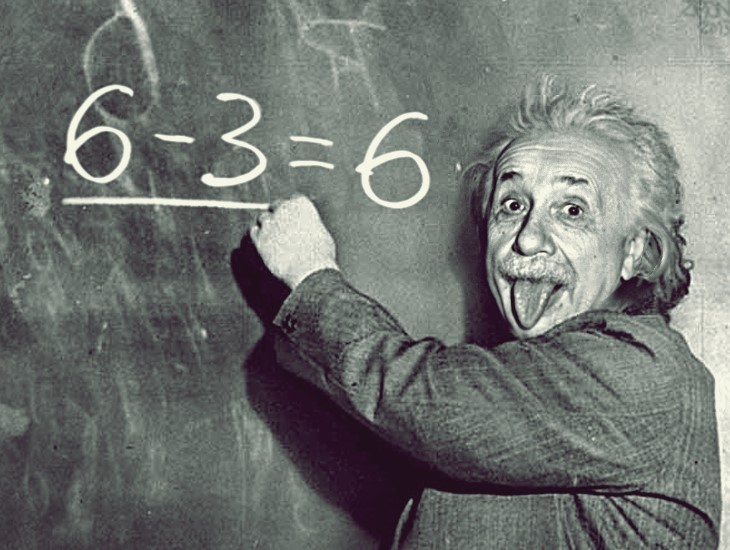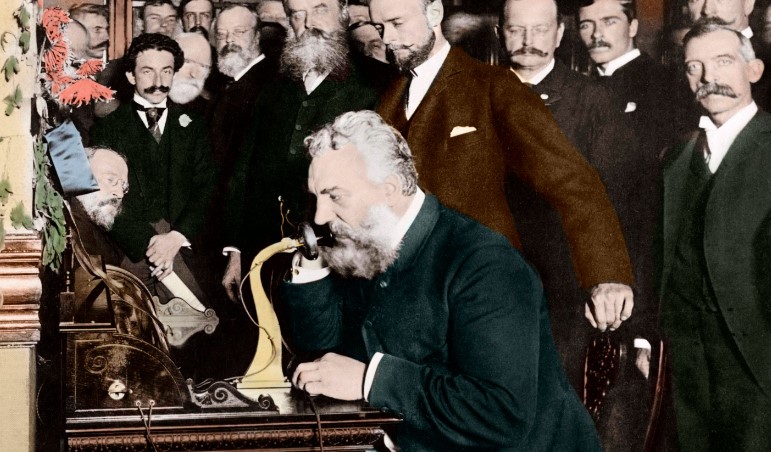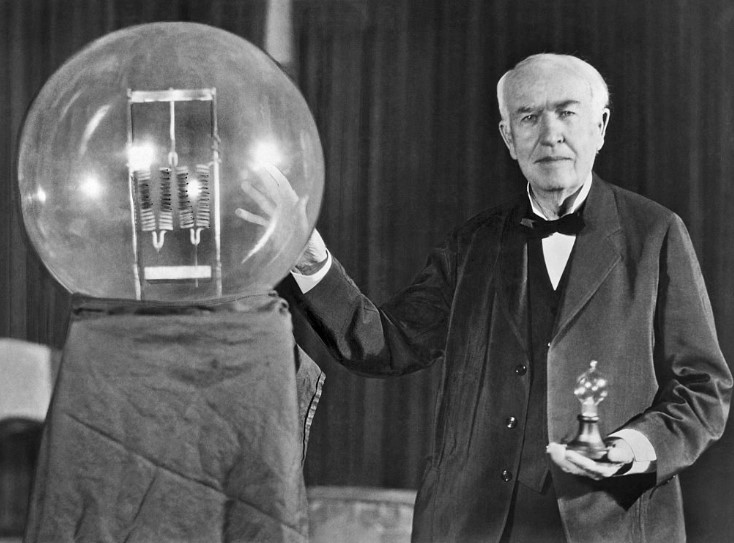
History of Isaac Newton: Unraveling the Genius Behind Scientific Discoveries

Introduction
Isaac Newton, a name synonymous with scientific genius, stands as one of the most influential figures in the history of science. Born on January 4, 1643, in Woolsthorpe, England, Newton’s contributions to physics, mathematics, and astronomy laid the foundation for modern scientific thought. His revolutionary work in mechanics and gravity reshaped our understanding of the universe, leaving an indelible mark on the scientific community.
History of Isaac Newton
Isaac Newton’s remarkable life can be divided into key stages, each contributing to his status as a scientific luminary.
Childhood and Early Education
The early life of Isaac Newton was marked by personal struggles and academic brilliance. Orphaned at an early age, he was raised by his grandmother, where his inquisitive nature and love for learning began to blossom. Attending The King’s School in Grantham, he showcased exceptional skills in mathematics, setting the stage for his academic journey.
Cambridge Years and the Plague
Newton attended Trinity College, Cambridge, where he delved into various subjects and developed a keen interest in natural philosophy. His years at Cambridge coincided with the Great Plague, which led to the closure of the university. During this time, he immersed himself in self-study, making significant advancements in mathematics and optics.
The Principia and the Law of Universal Gravitation
In 1687, Isaac Newton published his seminal work, “Philosophiæ Naturalis Principia Mathematica” (Mathematical Principles of Natural Philosophy), commonly known as the Principia. This groundbreaking treatise laid out the three laws of motion and introduced the concept of universal gravitation. The latter, famously summarized as “what goes up must come down,” explained the motion of celestial bodies and became the cornerstone of modern physics.
The Newtonian Telescope
Newton’s curiosity extended to optics, and he invented the reflecting telescope, now known as the Newtonian telescope. This design revolutionized astronomical observation and became a fundamental tool for astronomers.
The Royal Society and Recognition
Isaac Newton’s contributions to science were widely acknowledged, and he was elected a Fellow of the Royal Society in 1672. His achievements brought him recognition and fame, further fueling his passion for exploration and discovery.
Later Life and Legacy
In his later years, Newton became a prominent figure in academia and the scientific community. He served as the Master of the Royal Mint, continuing his research and studies. Newton’s legacy includes a vast body of work that still influences scientific research today.
Isaac Newton’s Contributions to Mathematics
Newton’s contributions to mathematics are as profound as his work in physics.
Calculus: The Newton-Leibniz Controversy
Isaac Newton and German mathematician Gottfried Wilhelm Leibniz independently developed calculus. The resulting priority dispute, known as the Newton-Leibniz controversy, led to a bitter rivalry between the two scholars. Nevertheless, calculus remains a cornerstone of modern mathematics and science.
Binomial Theorem and Newton’s Method
Among his mathematical achievements, Newton’s work on the binomial theorem and the iterative numerical method, known as Newton’s method, hold significant importance. These contributions paved the way for solving complex mathematical problems and advanced the field of numerical analysis.
FAQs
Q: Was Isaac Newton the only scientist to discover gravity?
Newton’s law of universal gravitation is one of the most well-known and widely accepted explanations for gravity. However, the concept of gravity and attempts to explain it predate Newton. The famous story of the apple falling from a tree, inspiring his insight into gravity, is a popular legend, but the true origins of his ideas were more complex.
Q: Did Isaac Newton have any other notable contributions besides physics and mathematics?
Indeed, Newton’s influence extended beyond physics and mathematics. He made significant strides in the field of optics, investigating the nature of light and color through experiments with prisms.
Q: Did Isaac Newton face any challenges during his academic journey?
Newton’s academic journey was not without its challenges. As a student at Cambridge, he faced financial difficulties, which he overcame through determination and dedication to his studies.
Q: What is Newton’s most famous quote?
One of Newton’s famous quotes is, “If I have seen further, it is by standing on the shoulders of giants.” This statement highlights his acknowledgment of the contributions of previous scholars to scientific knowledge.
Q: Did Isaac Newton ever marry?
No, Newton never married, and he led a somewhat reclusive and solitary life, focusing intensely on his scientific pursuits.
Q: How did Isaac Newton’s work impact future generations of scientists?
Newton’s work laid the foundation for classical mechanics and became the bedrock of modern physics. His laws of motion and theory of gravity profoundly influenced subsequent generations of scientists, leading to further advancements in the understanding of the natural world.
Conclusion
Isaac Newton’s life and work epitomize the essence of scientific genius. From his formative years to his groundbreaking discoveries in physics and mathematics, Newton’s impact on the world of science cannot be overstated. His legacy continues to inspire and guide scientists to explore the wonders of the universe.
As we unravel the history of Isaac Newton, we find a brilliant mind driven by curiosity and determination, forever changing the course of scientific progress.
Partner Site : Financial Management, Vacation Destinations, Home Garden, Landscape Design, Home Decoration, How News Today, Healthy Lifestyle, Finance News, Business Loans, Healthy Update


